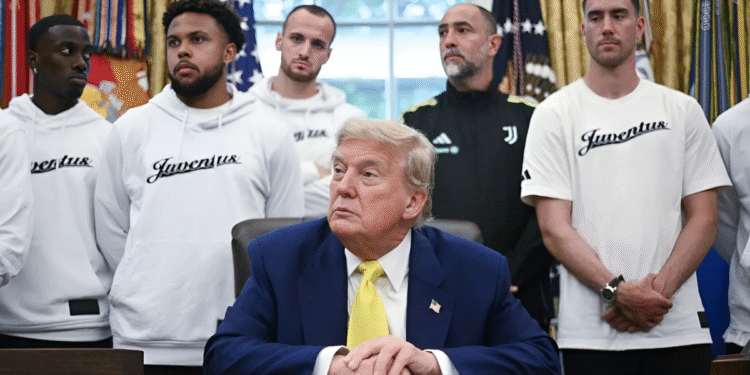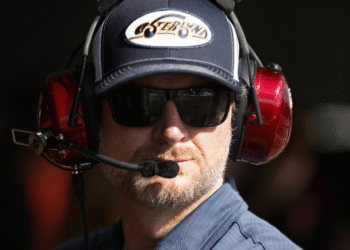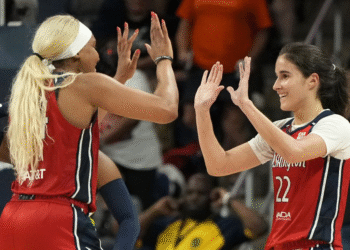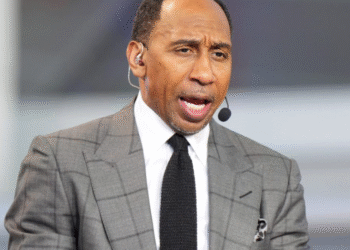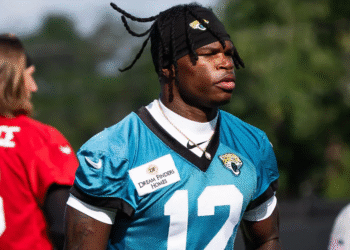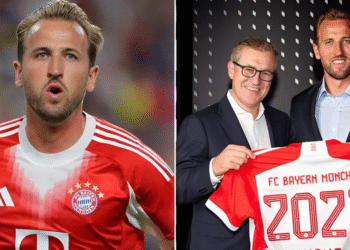U.S. President Donald Trump once again stirred controversy—this time by drawing professional footballers from Italy’s Juventus into his ongoing political messaging. The visit, which was meant to be a light-hearted and ceremonial affair, took a serious and uncomfortable turn when Trump launched into an anti-transgender rant, catching many attendees, including the players themselves, off guard.
According to eyewitnesses, the Juventus team was in Washington D.C. as part of a promotional tour and had been invited to the White House as a diplomatic gesture. The players, including some of the most recognized names in European football, appeared on stage alongside Trump for what was supposed to be a casual photo opportunity and brief exchange. However, the atmosphere reportedly shifted when Trump began speaking to the crowd.
During his remarks, Trump abruptly transitioned into his familiar political themes, criticizing transgender athletes and expressing his long-standing opposition to transgender women participating in women’s sports. He claimed it was “unfair” and a “disaster for women’s sports,” reiterating a stance that has been a consistent part of his speeches in recent years. The unexpected turn of the conversation reportedly left several Juventus players visibly uncomfortable, with some glancing at each other awkwardly while others stood silently.
Multiple videos circulating on social media captured the moment Trump dragged the Juventus players into the subject. At one point, he even directed a rhetorical question at them, asking whether they believed it was fair for “biological males” to compete against women. The players, unprepared and seemingly confused by the shift in tone, did not respond. While Trump did not mention any specific players or teams, the implication that international athletes had come to the White House to endorse his views drew widespread criticism online.
Critics quickly labeled the moment as inappropriate and embarrassing, especially given the fact that the players were guests and not political figures. Many questioned the necessity of turning a friendly sports visit into a political statement, especially one as controversial as this. Social media erupted with comments calling the moment “cringe,” “tone-deaf,” and “disrespectful,” not just to the players but to the spirit of international sports diplomacy.
Supporters of Trump, however, praised his comments, claiming he was standing up for “biological truth” and “fairness in sports.” Conservative news outlets echoed the message, highlighting Trump’s remarks as part of his ongoing 2024 campaign strategy that focuses on culture war issues, particularly around gender identity and education.
So far, Juventus Football Club has not issued any official statement about the incident. Players have also remained silent on social media, with many choosing to post only casual behind-the-scenes content from their tour in the United States. Sports journalists have noted that European clubs generally avoid direct involvement in U.S. political matters, and it’s likely the team will want to steer clear of further controversy.
This is not the first time Trump has used sports events or athletes to amplify his views. During his presidency, he famously clashed with NFL players kneeling during the national anthem and has regularly used athletes as examples in broader political debates. What makes this particular event stand out is the fact that it involved foreign athletes who were likely unaware that their visit would be used for domestic political messaging.
Observers have also pointed out that Trump’s choice to bring up trans issues in front of European players reflects a broader strategy of globalizing his talking points, as similar culture debates have emerged in countries like the UK and Italy. However, critics argue that moments like these risk alienating diplomatic relationships and misrepresenting the views of individuals who are not politically involved.
Many commentators, both in the U.S. and Europe, are now questioning whether international athletes should reconsider participating in politically charged events, especially when they’re being used as unknowing participants in culture war battles. The awkwardness of the moment has sparked a fresh wave of concern around the intersection of politics and sports and the pressure that athletes—especially those visiting from abroad—now face when participating in public events in the U.S.
For now, the incident serves as a reminder that in today’s political climate, even a seemingly simple visit to the White House can become a moment of controversy and media frenzy. As international teams continue to travel for promotional and diplomatic purposes, many may take this episode as a cautionary tale of how quickly things can shift in a polarized political environment.
